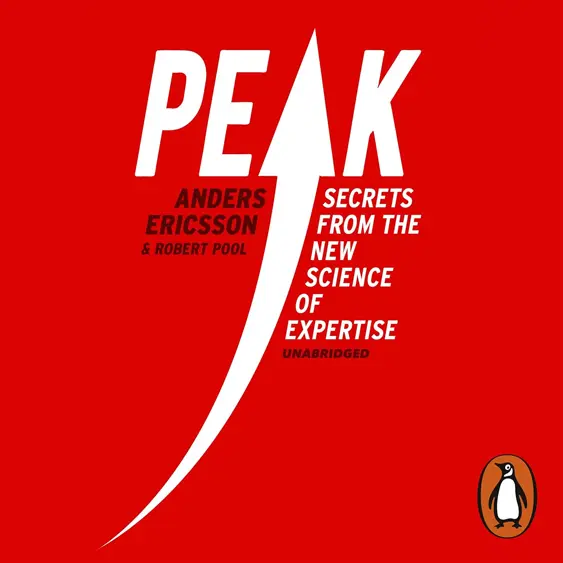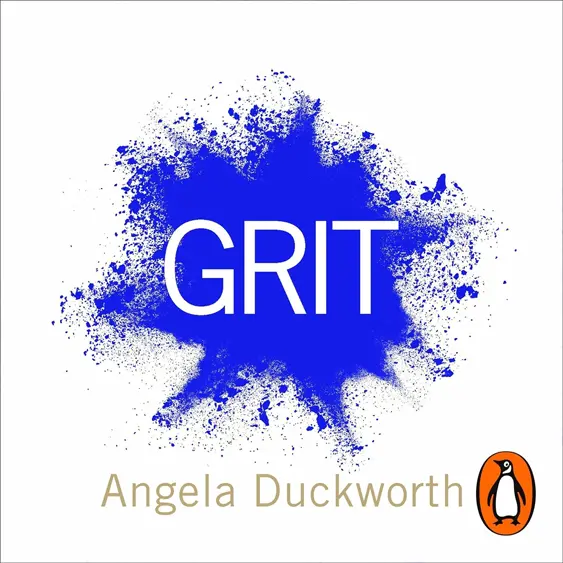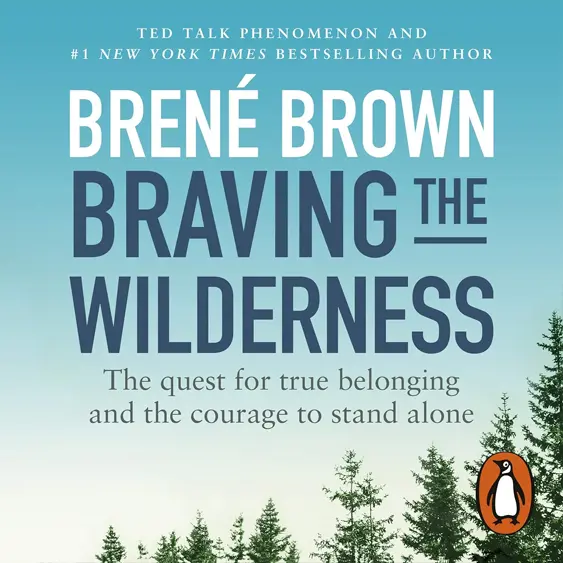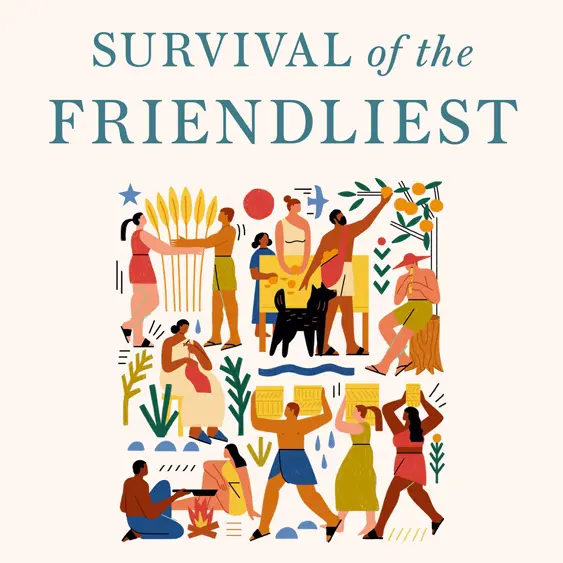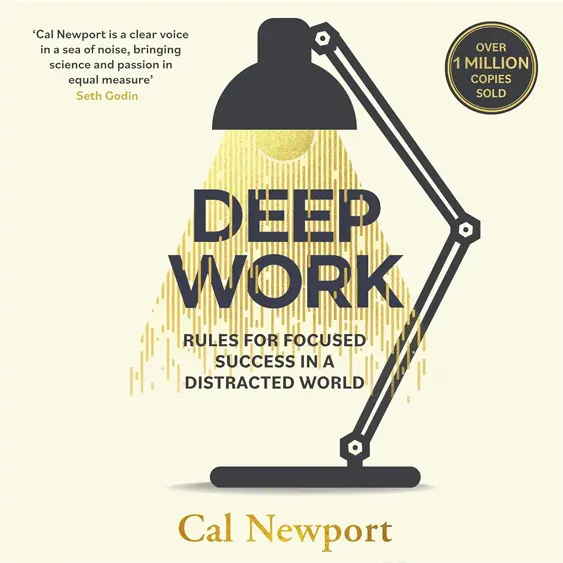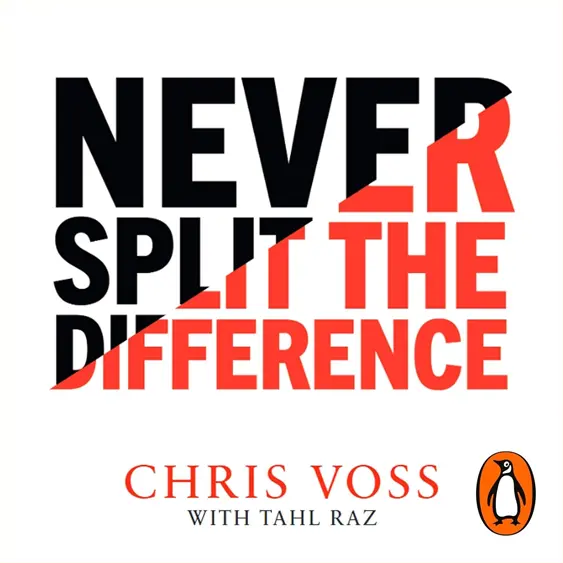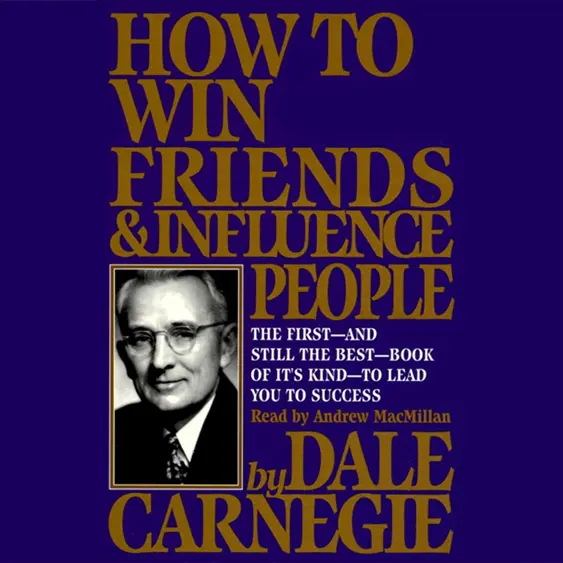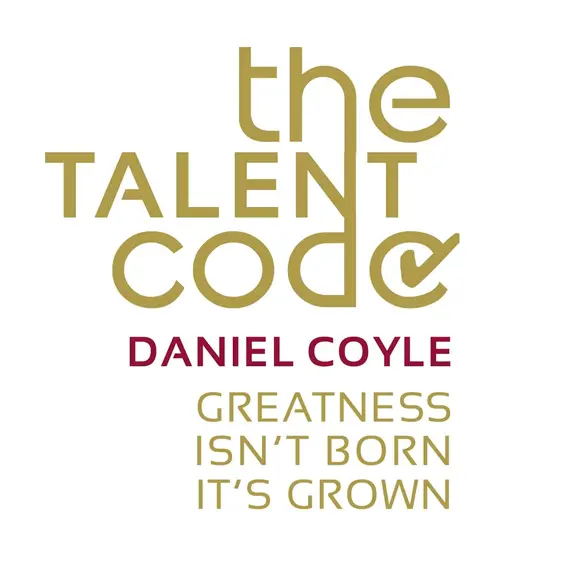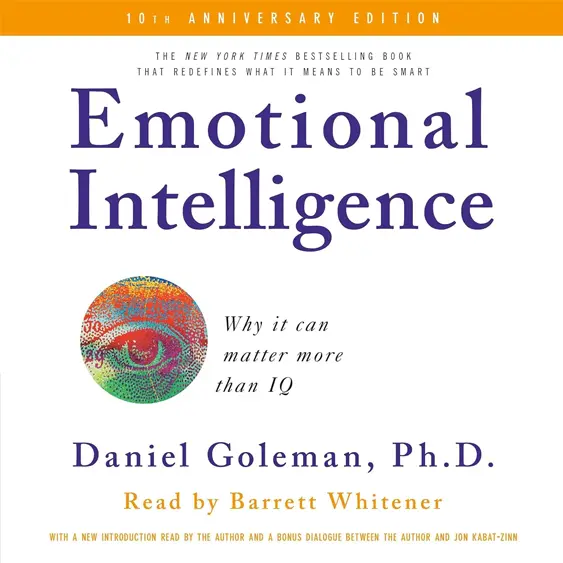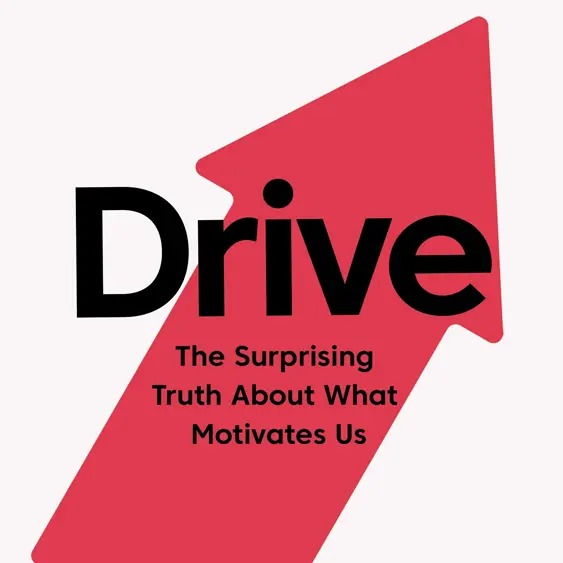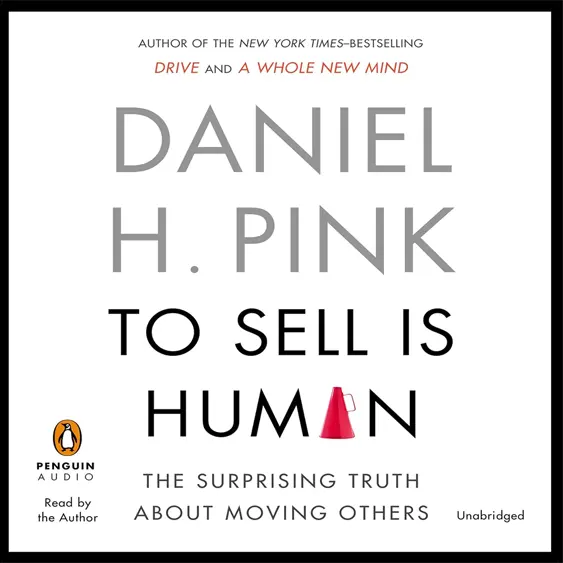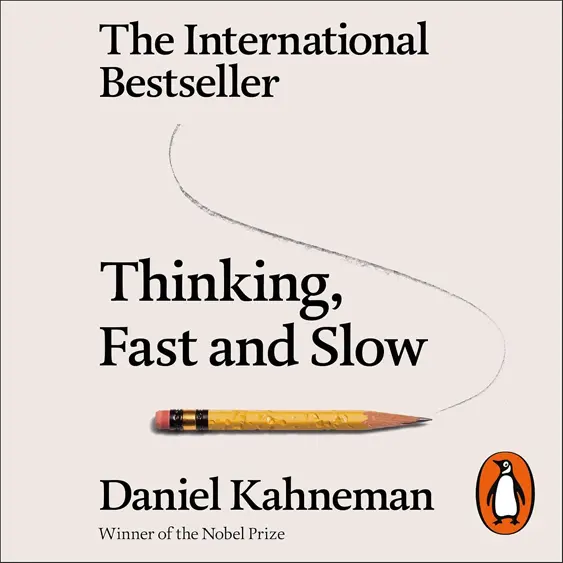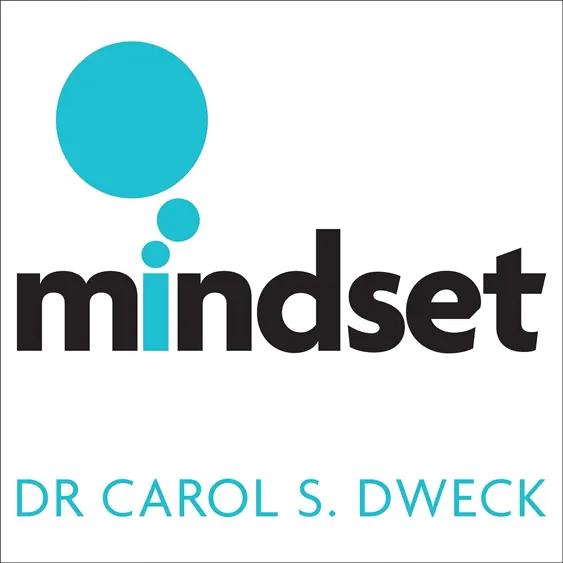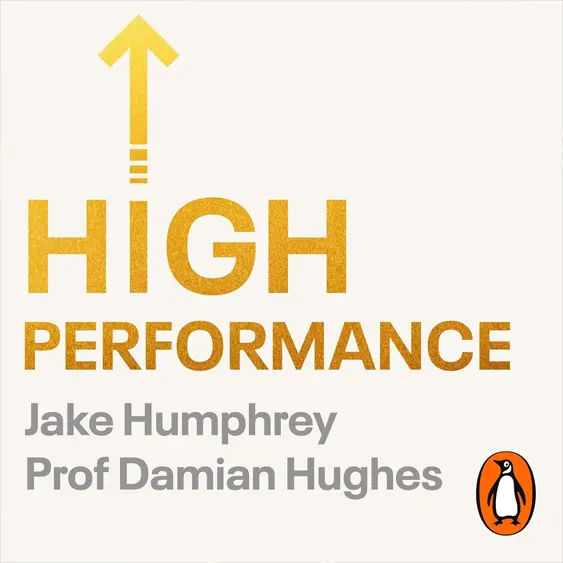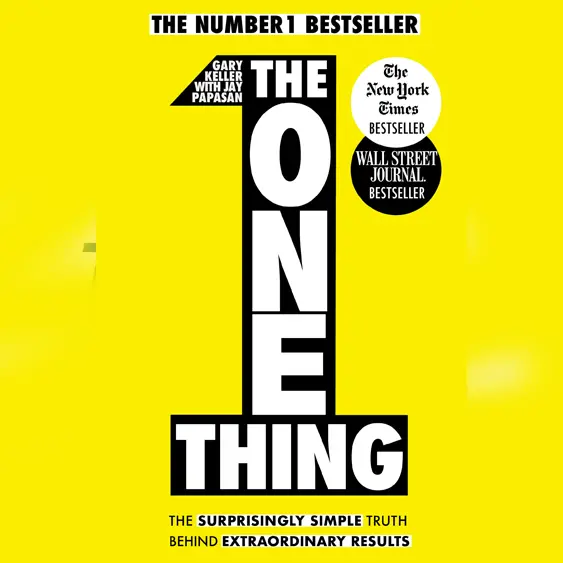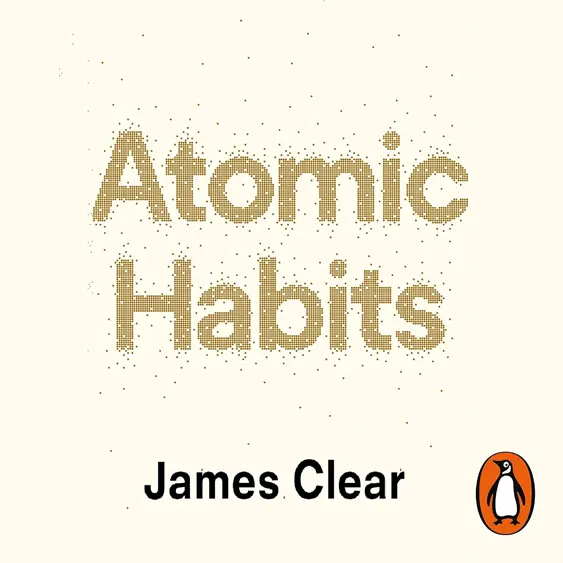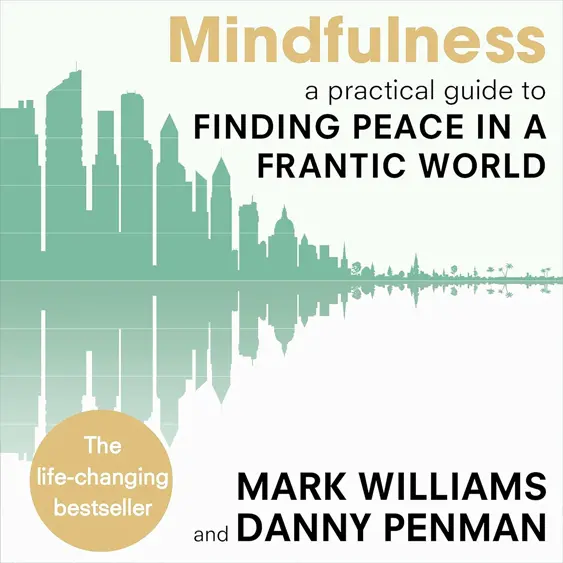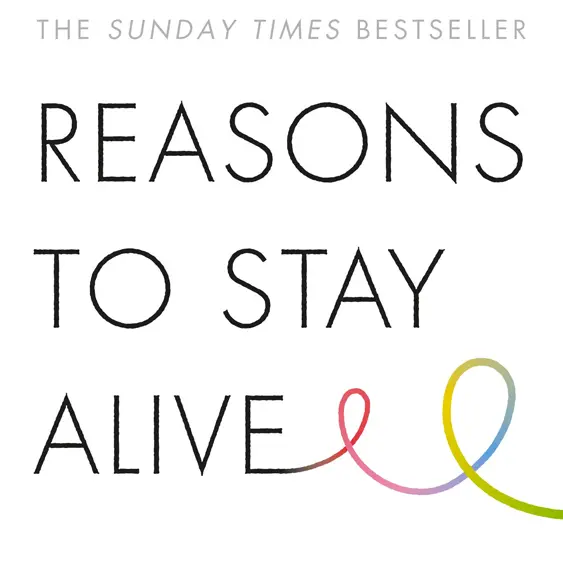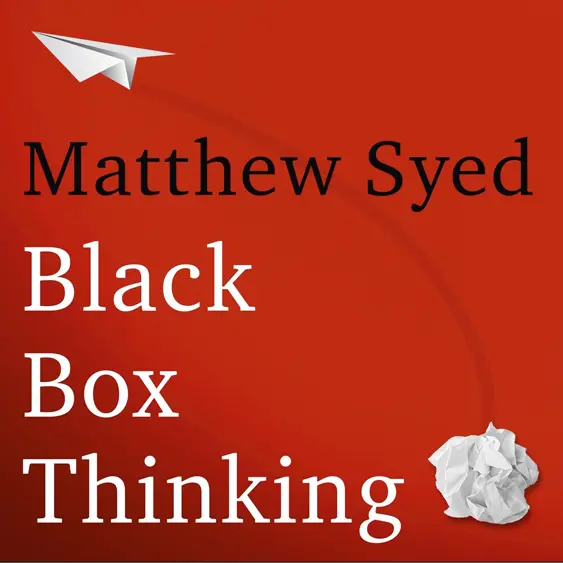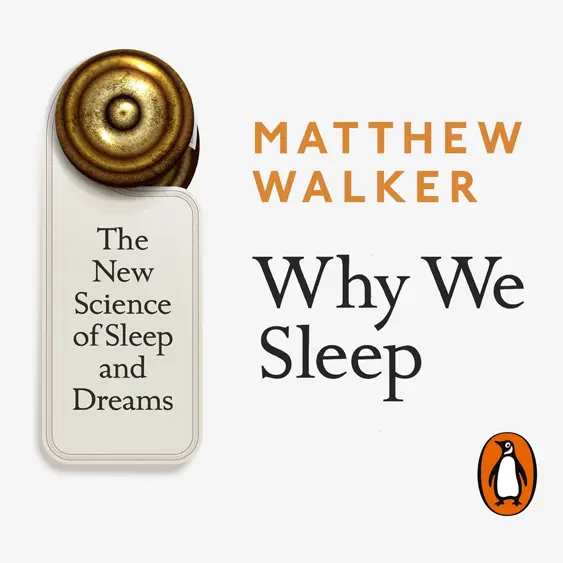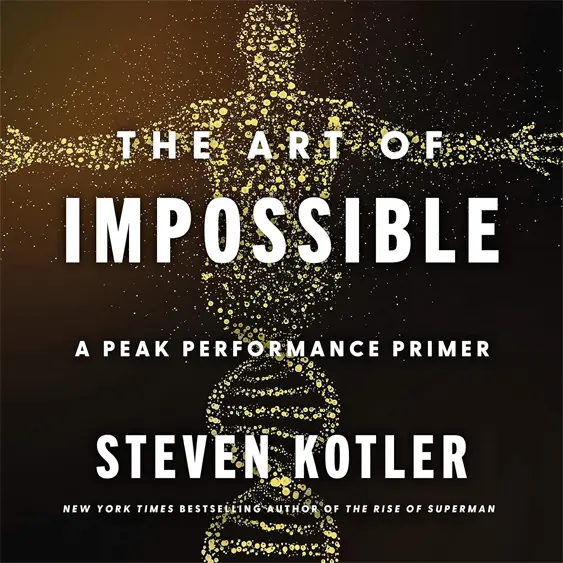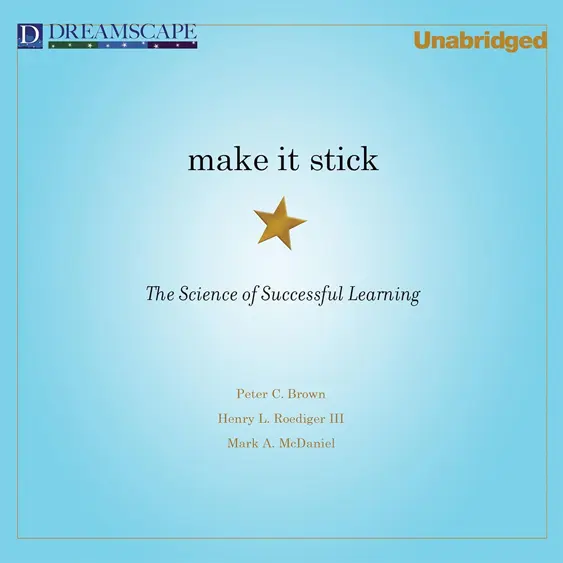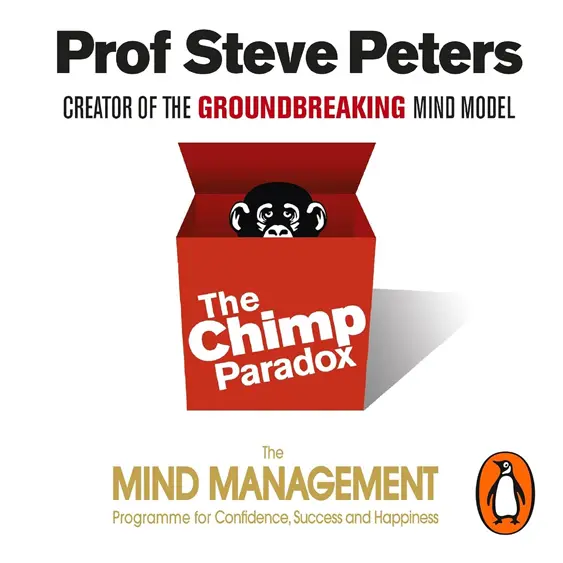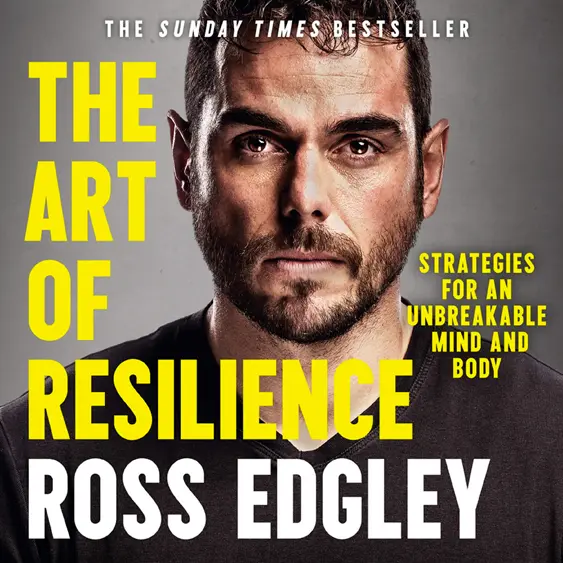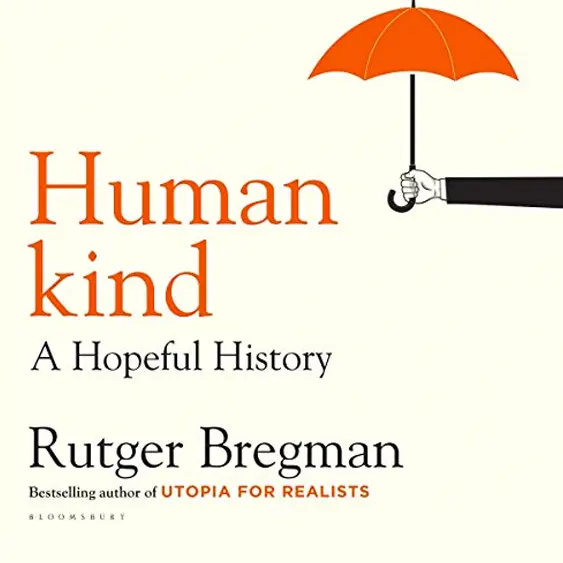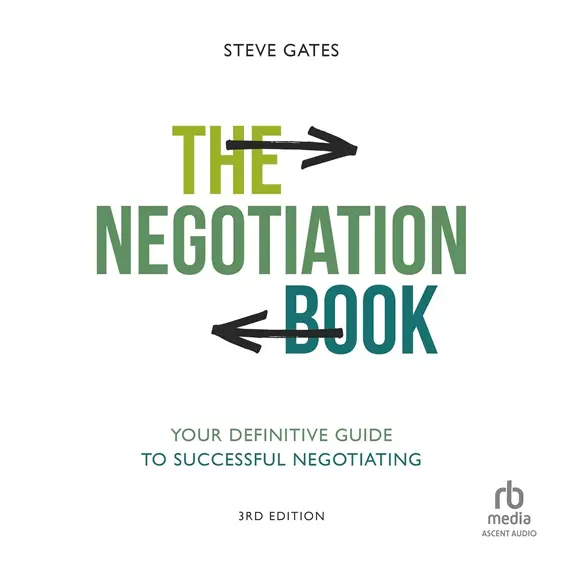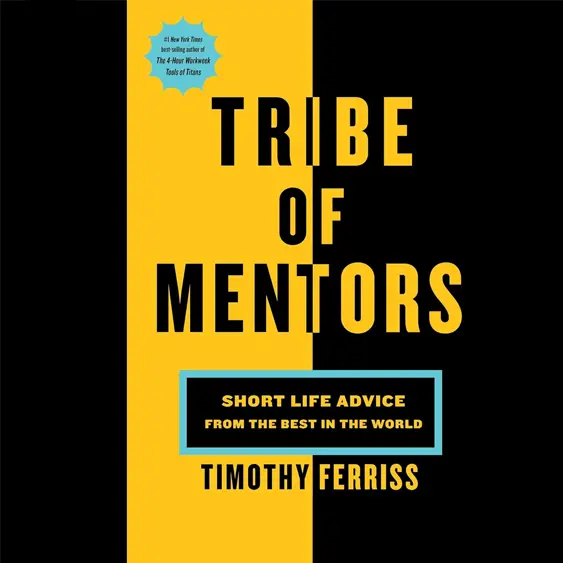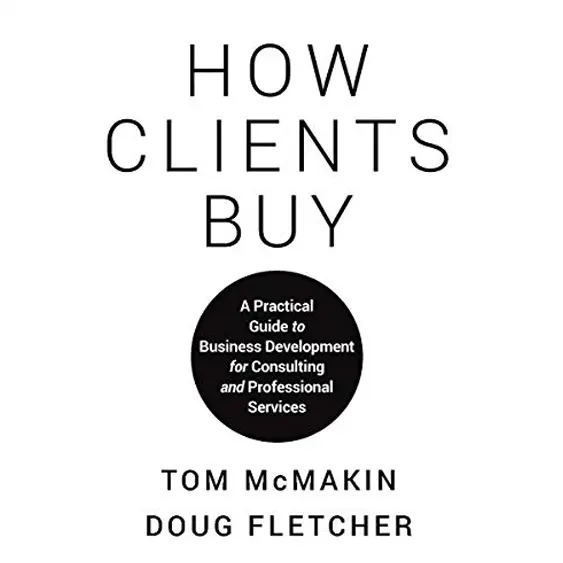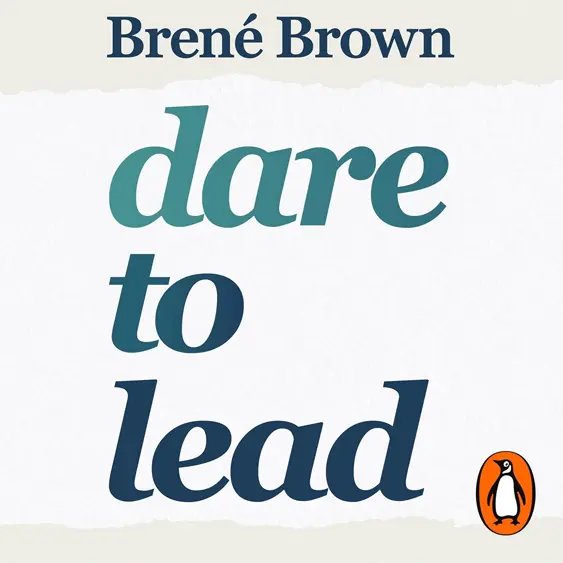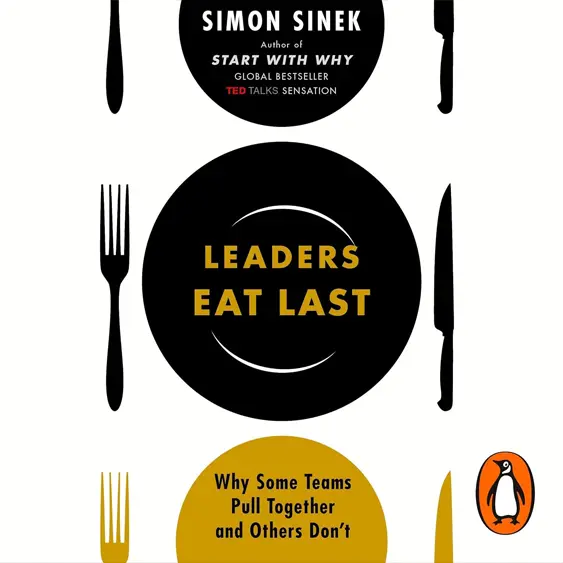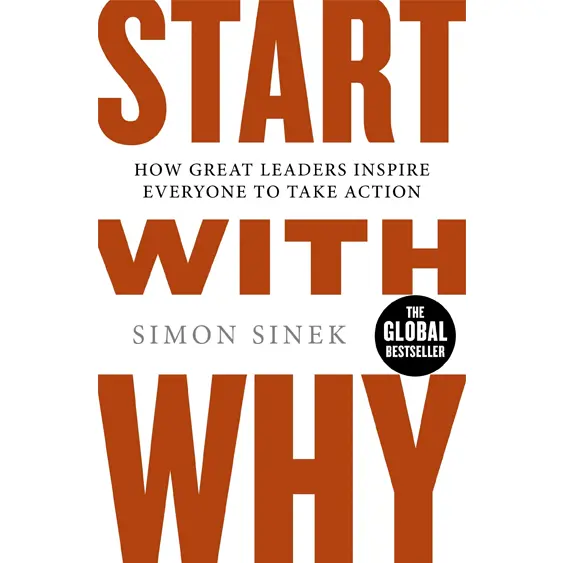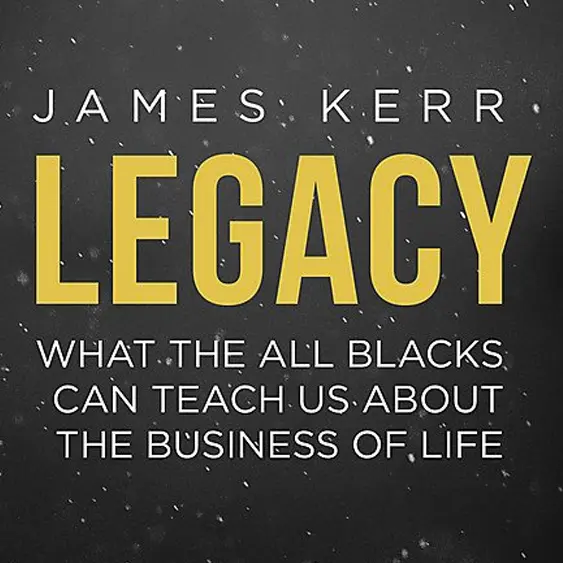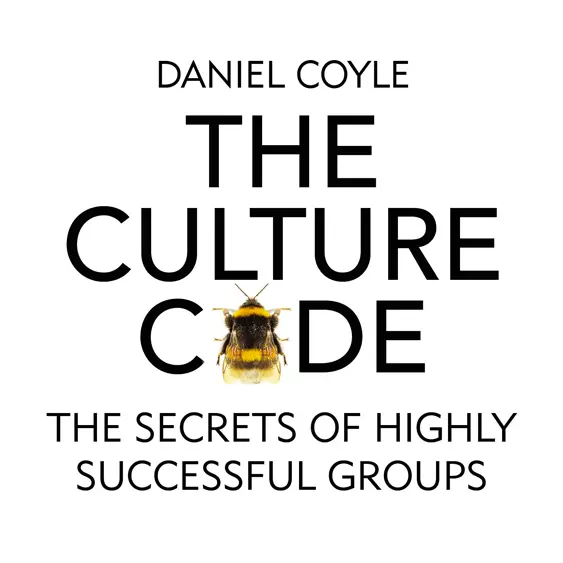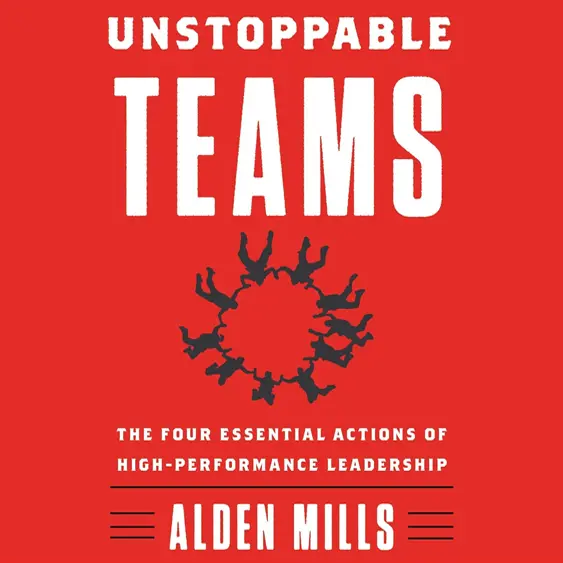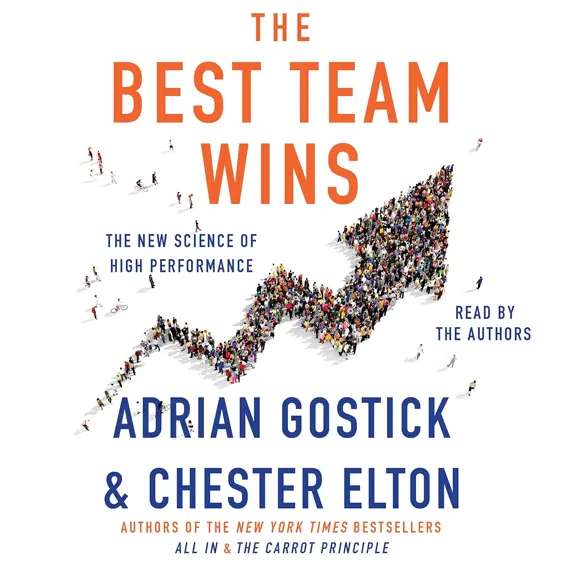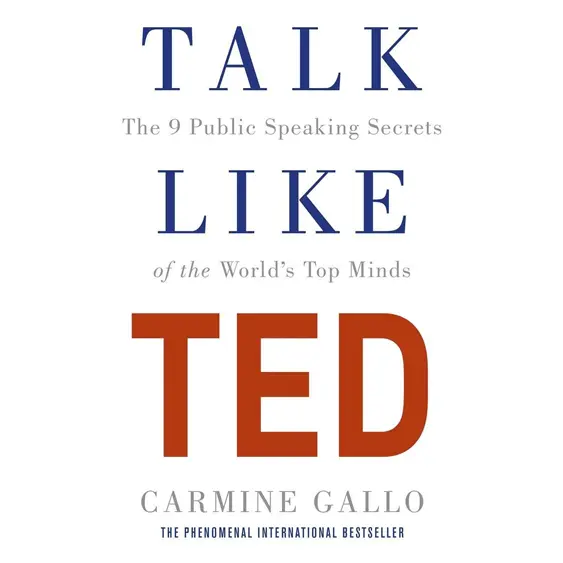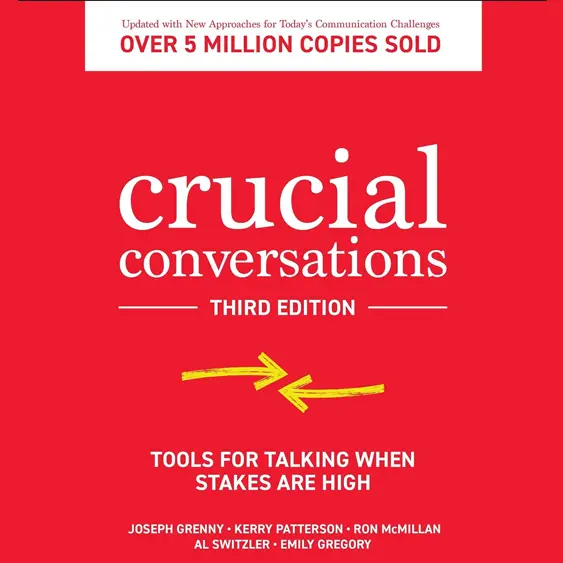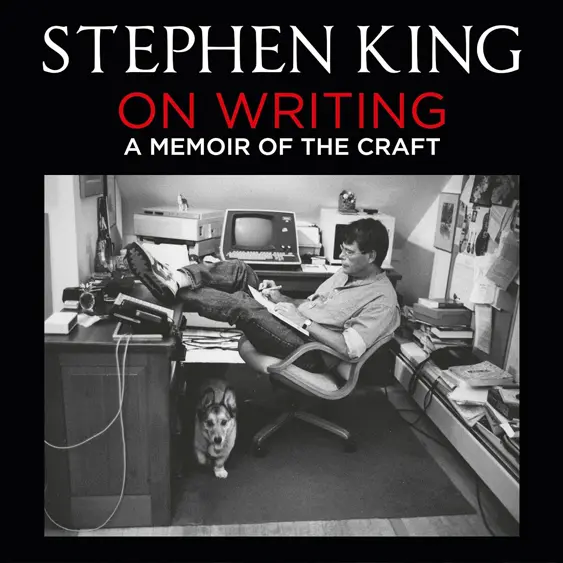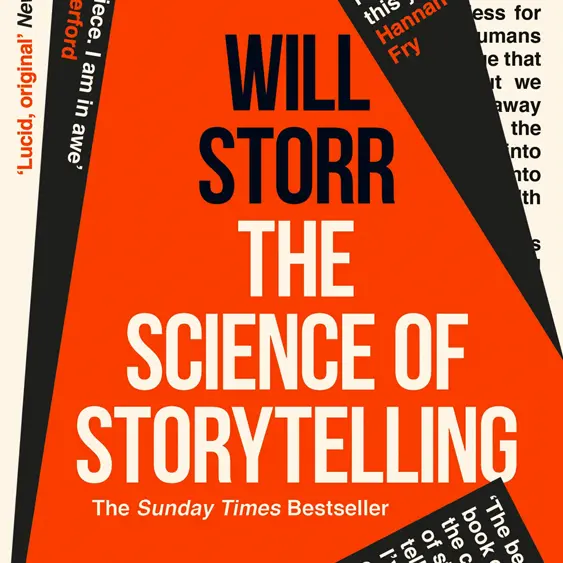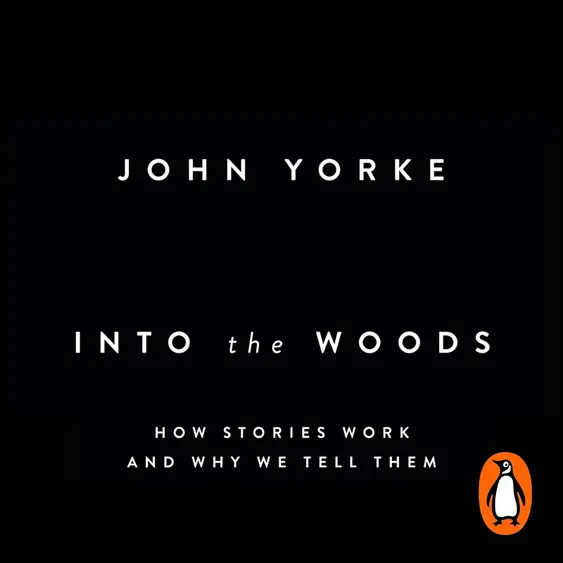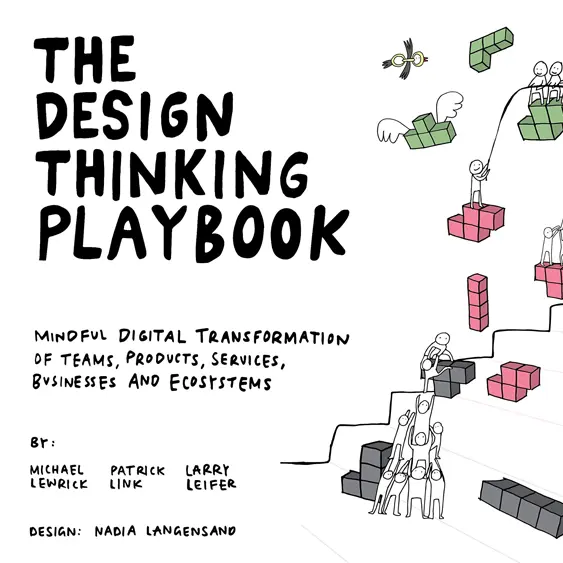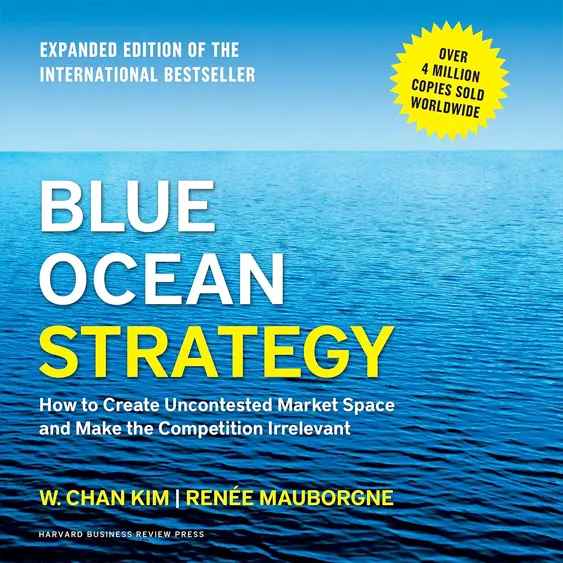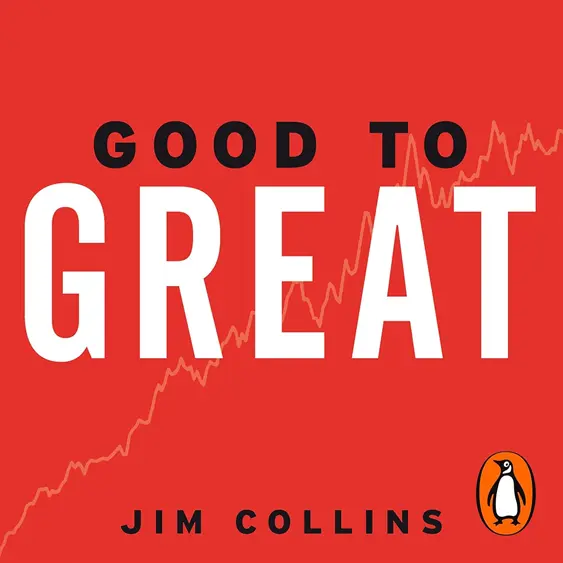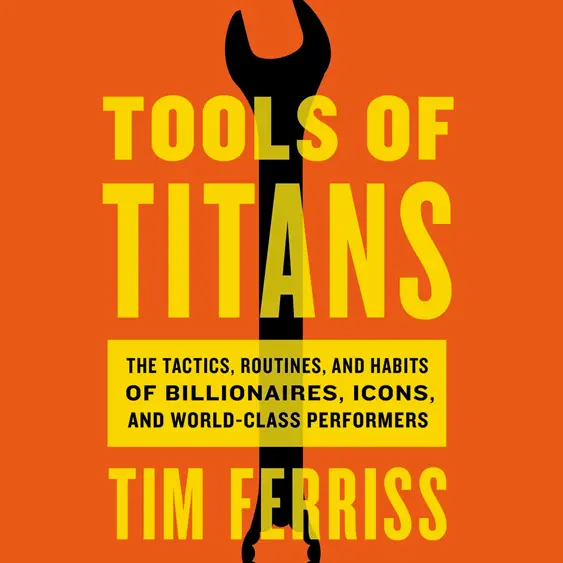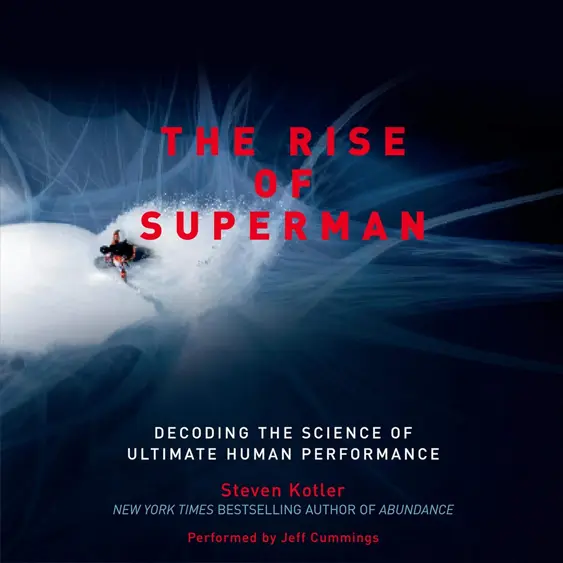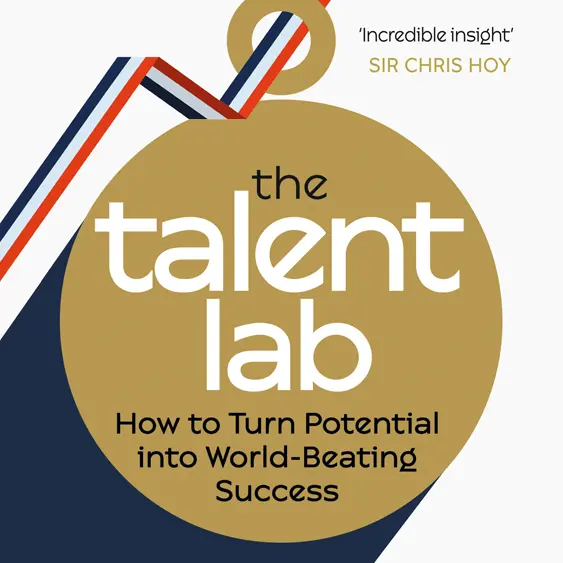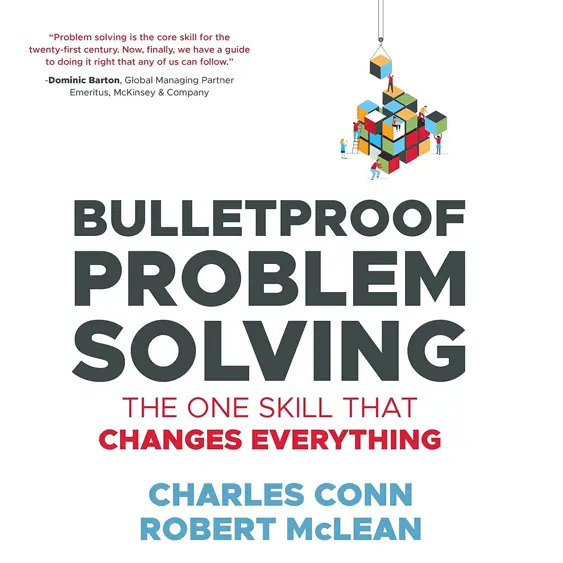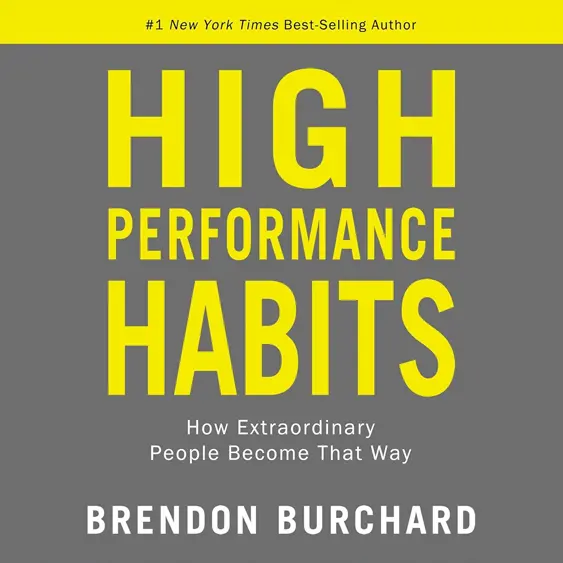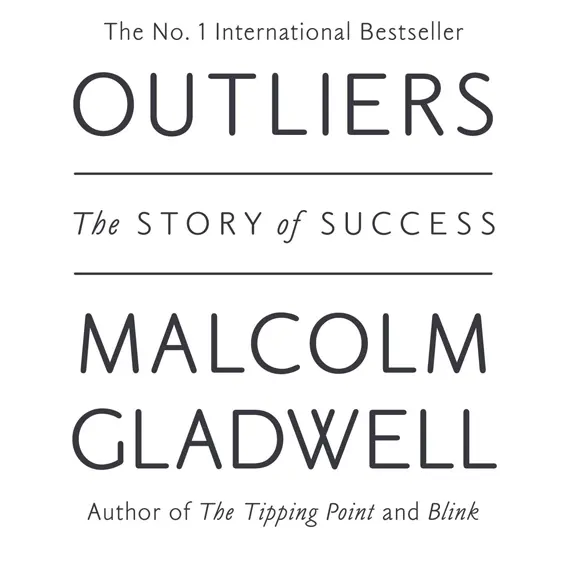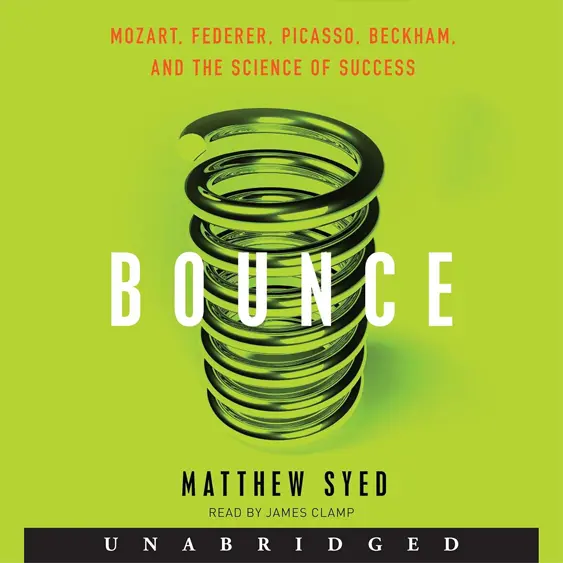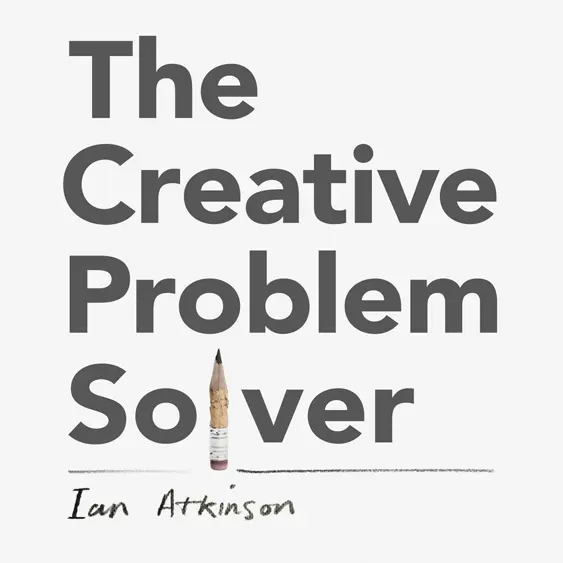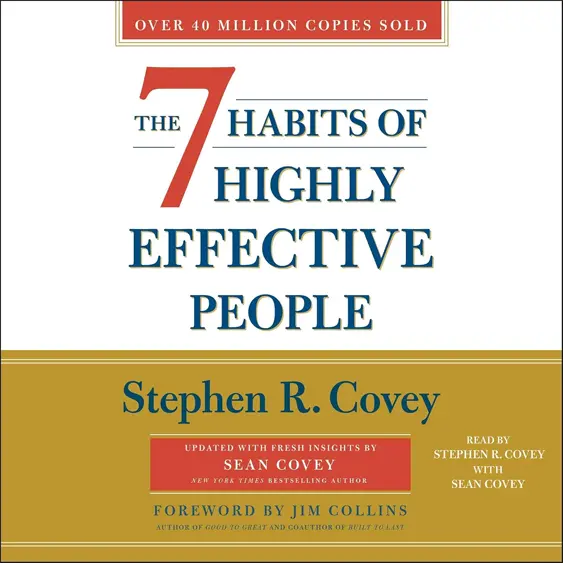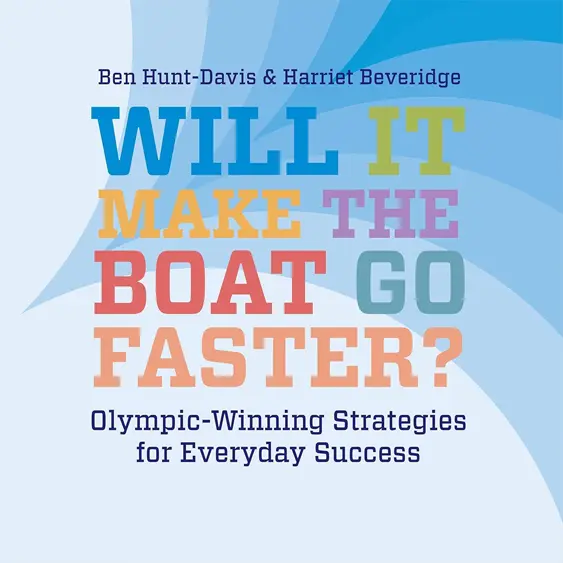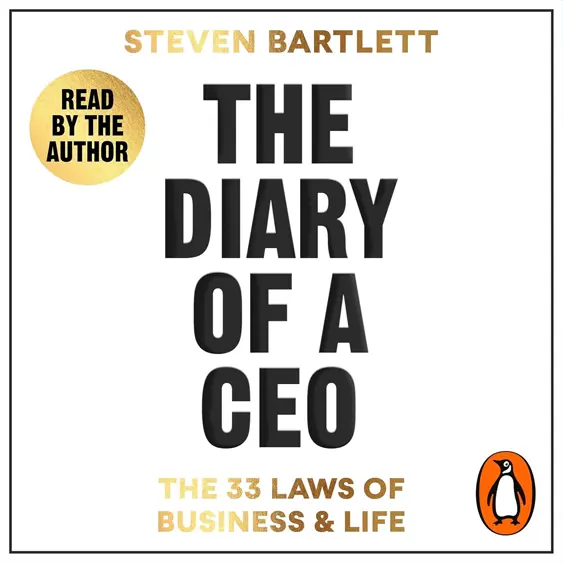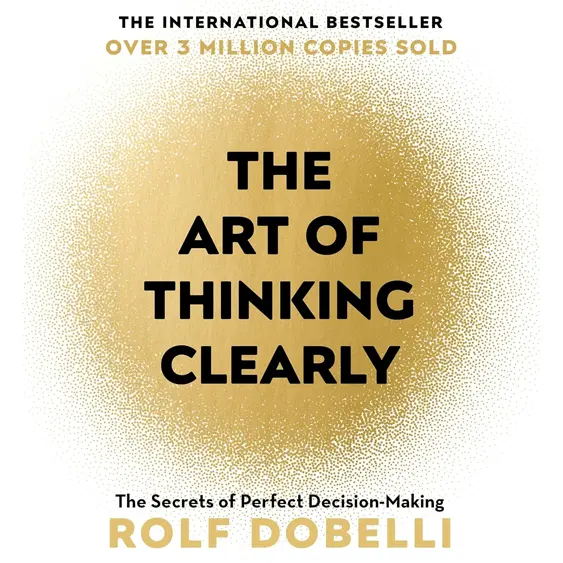

Evidence matters. With over 370 academic references informing our work and 100+ interviews with the world's most inspiring and iconic people, we know what it really takes to realise your potential.
To be successful is to accomplish something you set out to achieve - whatever that may be. For some people, that's climbing Everest or winning an Olympic gold medal. For most people in the world it's about doing a job you enjoy and supporting your family. Both are equally noble goals. By definition, very few people will reach the very top of their chosen pursuit or career. But we can all improve. The truth is that there really is no limit on human potential - everyone has the capacity to learn and grow, and when taken to the extremes, to achieve truly extraordinary things.
But what does it really take to succeed? Why do some people and teams become world-leading time and time again where others fail? Is it simply motivation? Tennis legend Roger Federer doesn’t think so. Is it just hard work and dedication? Oscar winner Julia Roberts says this is far too simple. Is it just resilience or 'grit'? Explorer Sir Ranulph Fiennes thinks not. Self-confidence then? Bear Grylls says ‘no’ to that as well.
What it takes to succeed at the highest levels is rarely understood, but as we have demonstrated through our research, it is identifiable, codifiable and learnable.

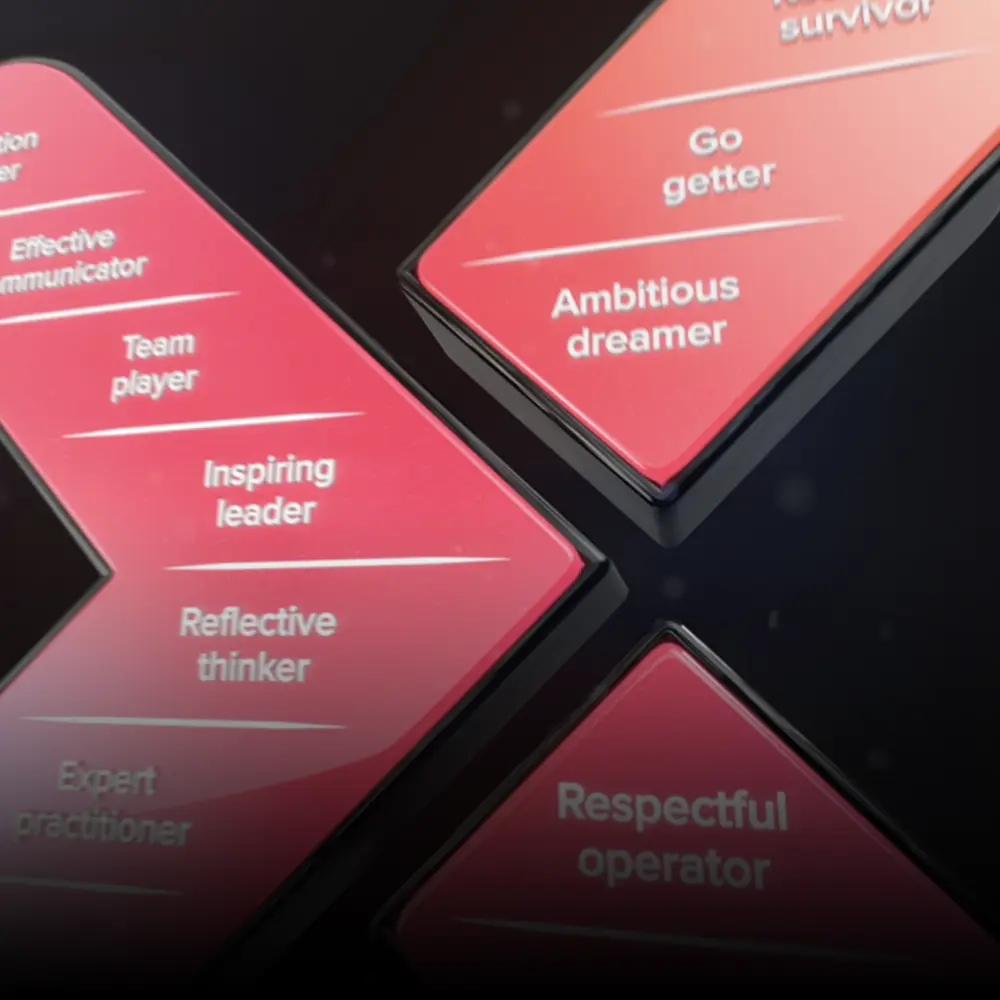
X. The secret sauce. The transcendent quality. The defining mystical success factor that differentiates the best of the best. It's too easy to believe that some people are just born with some genetic disposition to high performance. To the contrary, evidence has shown that outside of biological factors impacting physical size and strength, this simply isn't true. In the right environment and with the right support, we can all become high performers with the skills, knowledge, attitudes and relationships needed to thrive.
To help us understand what it really takes to succeed, we interview the world's most inspiring and iconic people. Based on the one million words of interviews transcribed and analysed to date, combined with years of in-depth academic research and practical experience, we have developed the 'X model' to show the success factors and personal attributes we typically see in high performers and teams. This model forms the foundation of all of personal development programmes to help people build the skills, knowledge, attitudes and relationships needed to succeed.
To demystify success and help people to succeed, we believe you have to show the way and share the real stories of those who have reached the top. We interview the world’s most inspirational and iconic people to show what it really takes to succeed and to help people build the skills and confidence to excel. We've interviewed Presidents, Nobel Peace Prize winners, Olympic gold medallists, CEOs, Oscar winners, astronauts, humanitarians, sports icons and adventurers, creating films with some of the most well-known people in history. But that's not enough.
Our aim is to understand what it takes to succeed and to provide actionable insights to others. We also interview many people that are not well known. People who have achieved truly extraordinary things, despite having a tough start to life. People who were homeless. Sexually abused. Grew up in care. Who were in jail. It is often these stories where we can learn the greatest lessons.
Our aim is to tell real stories. Not the curated fiction we see on social media, but the authentic stories that change the way people think about their own potential. Our interviewees are not perfect. None of us are. But where measurable, they are amongst the very best in the world at what they do and we believe they have valuable lessons to pass on to others.
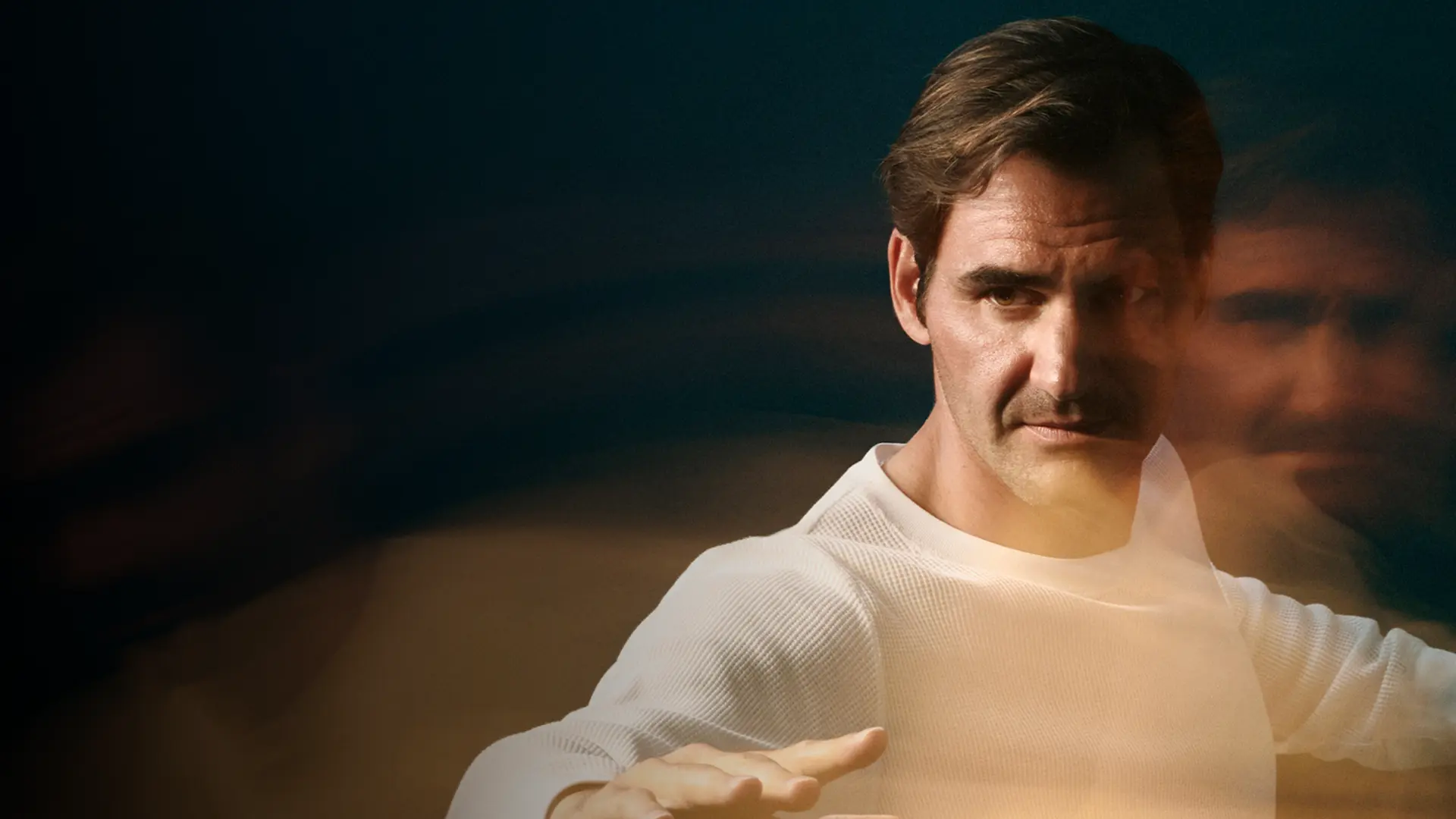
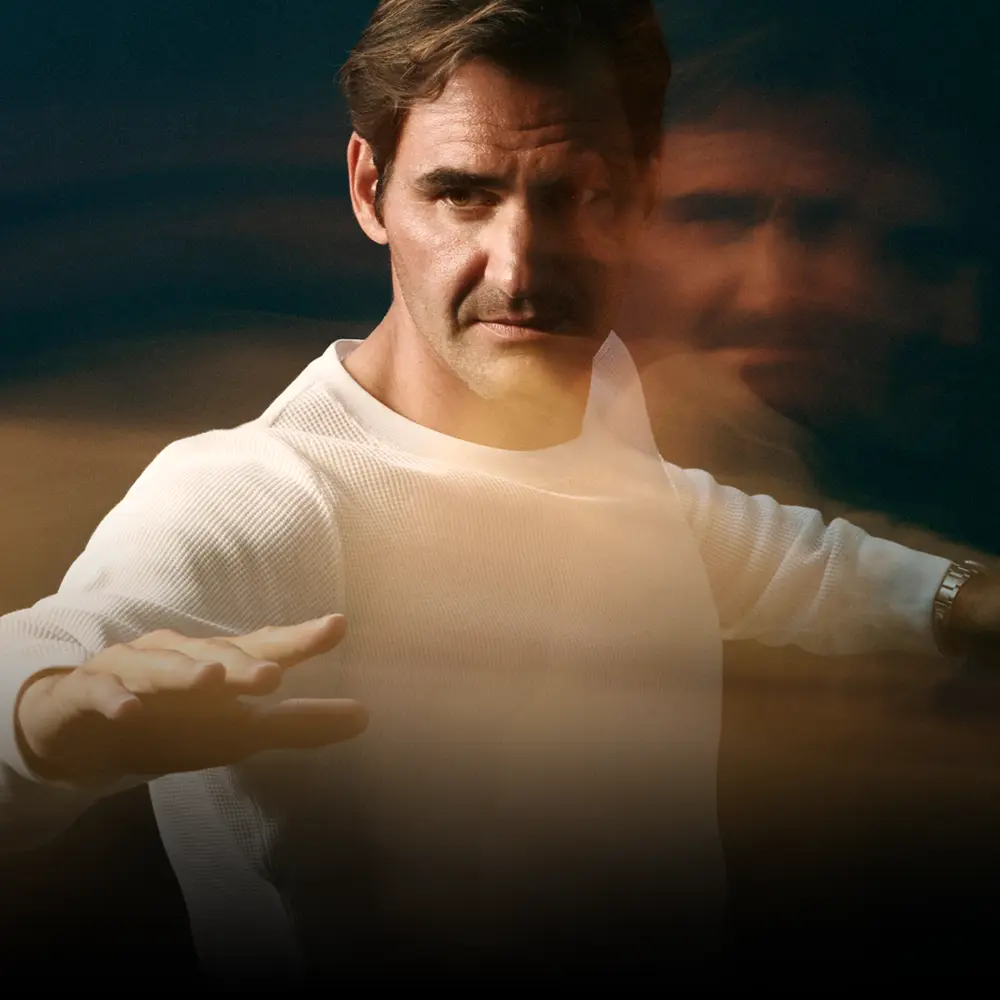
“If you do your best, at least you'll have no regrets, and you can look back and you can be proud of what you achieved.”
We know what it takes to succeed and we know it can be learned, but it's far from simple. It's not solely down to individual performance and the relative importance of the success factors in our X Model varies by country and context. The external environment also plays a major role - living in a safe environment, the provision of education, having clear role models, the access to opportunities and jobs all play a part.
To provide a deeper insight into human potential and high performance, we have provided a series of books that we recommend as further reading to help you learn more about what it really takes to succeed.
